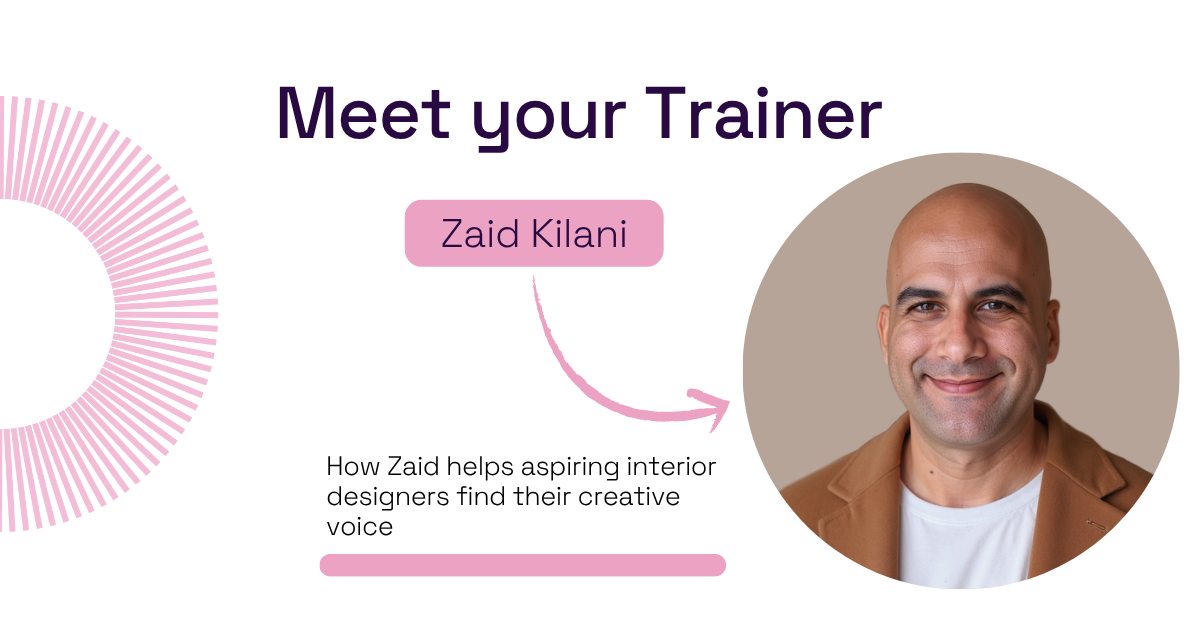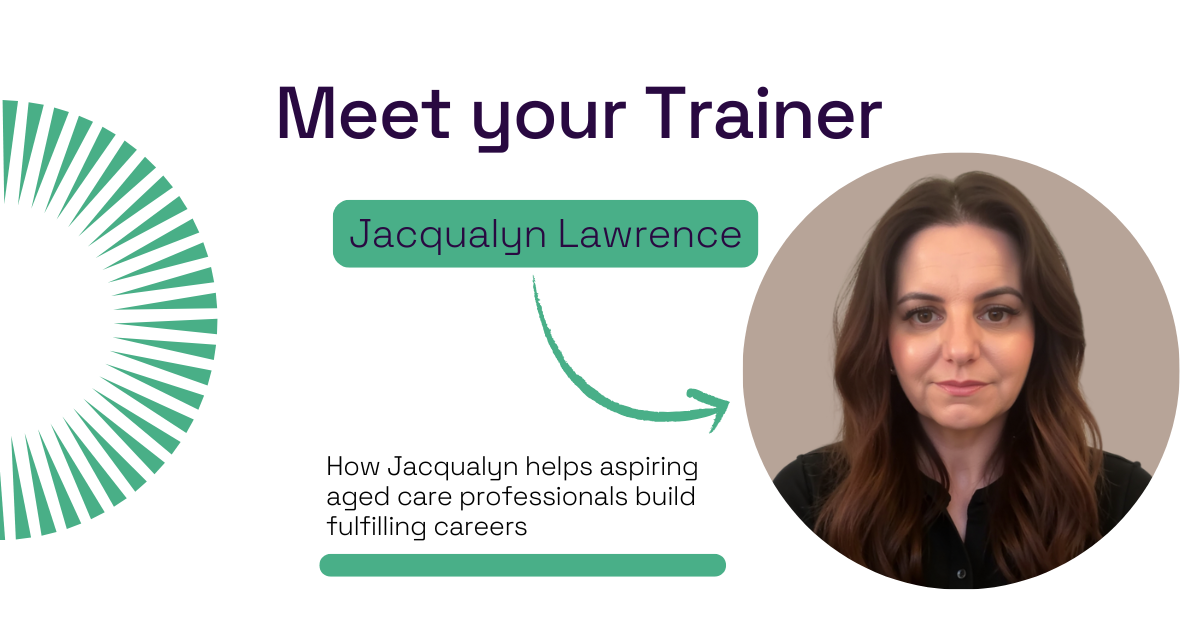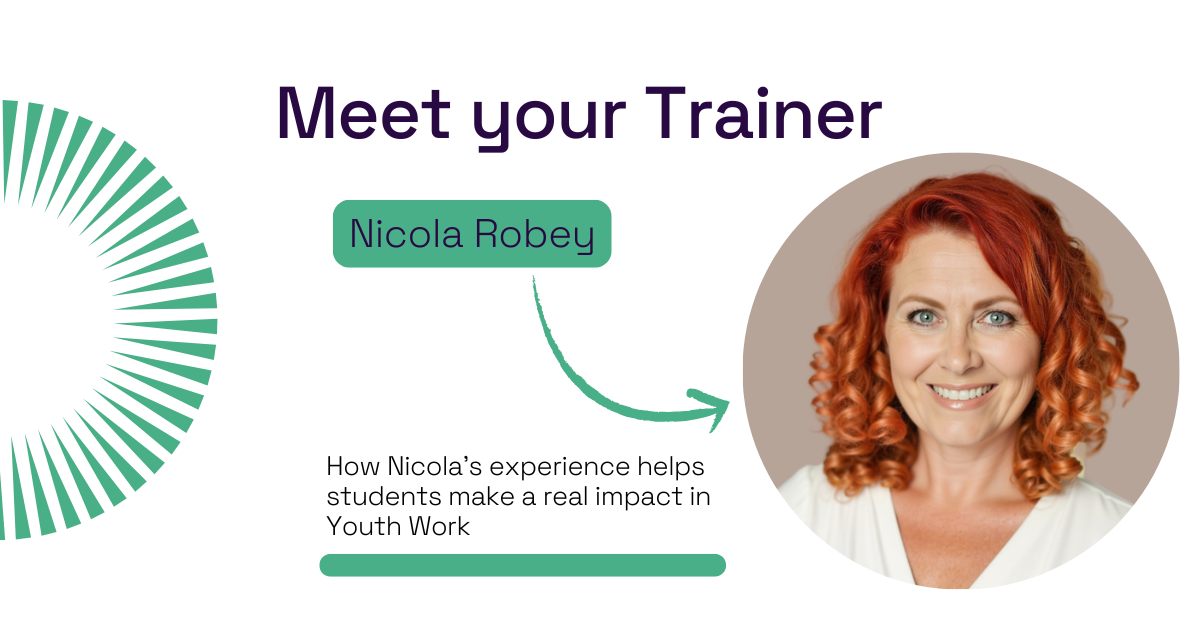Explore our collection of informative and educational blog posts to stay updated on the latest industry trends and expert advice.
10 Ways Authentic Learning Is Disrupting Education

Authentic learning is a term used to describe instructional strategies that are designed to connect the subjects students are taught in school and university to the real world.
Authentic learning experiences help students understand the relevance of what they’re learning and how they can apply their skills in the professional world. Rather than discussing hypothetical situations or memorizing information, students are given the opportunity to put their skills and knowledge to practical use in the development of solutions or products that will be of immediate benefit to their communities and the world at large.
Although authentic learning has similarities with project-based and service-based learning, it’s unique in that students aren’t merely doing role play or running through a simulation of what happens in the workplace. In order for a learning experience to be truly authentic, students must do work that is relevant to their lives while also having an impact on or application in the real world.
According to the 2018 NMC Horizon Report, a growing number of learning institutions are now looking to provide students with more authentic learning experiences by partnering up with local organisations. This includes job-shadowing initiatives, study abroad programs, and virtual internships or on-site apprenticeships.
Want to know more about how authentic learning is disrupting education? Here are ten ways this approach to teaching and learning can and already is benefitting students.
1. It prepares learners for the real world
The most important benefit of authentic learning is that it prepares students for the real world more effectively than traditional classroom-based learning. With authentic learning, student activities match the real-world tasks of professionals in practice as closely as possible. So once they enter the workforce, they already have a much clearer notion of what to expect.
For example, students might learn about advocating for a cause by actively participating in a local campaign. They might learn to express their ideas and opinions effectively through a variety of media by actually using social media platforms and blogs to start conversations and share ideas. They might even work on developing a product or service that will be used by real people, whether it’s a website, app, or innovative solution to a problem like global warming.
2. It helps students make informed career choices
Most of us had no idea what we wanted to be in our twenties, let alone when we were 17 or 18-years-old, and this is why authentic learning experiences are important. Research by Universities UK recently found that one in three graduates end up being mismatched to the jobs they find after leaving university.
The researchers point out that this isn’t necessarily because students are taking the wrong courses. Instead, it’s because they lack a clear understanding of how their skills and attributes match different career options, and which skills they’ll need to break into certain industries.
But when students are given the opportunity to explore different fields and transfer their knowledge from theory to practice while they’re still at university, they’ll be able to make informed decisions about the career they want to pursue or at least the direction they want to take their studies in.
3. It can help bridge the skills gap
The skills gap has been growing for some time now, and a recent report by National Australia Bank (NAB) shows that the skills shortage is hampering business growth and opportunity in Australia, with many small to medium-sized businesses saying they can’t find the right staff to grow their company.
Authentic learning has the potential to bridge this gap by not only ensuring that students understand what employers in their chosen field are looking for, but also providing them with opportunities to develop the necessary knowledge and skills before they leave university.
4. It can enhance creativity
Cognitive flexibility, which involves creative thinking, is one of the most in-demand skills of the 21st century, and authentic learning experiences can help students develop this skill. An important characteristic of authentic learning is that there are multiple possible outcomes or solutions to a problem rather than a single correct answer. This can encourage students ask questions and think outside the box. Research published in SITA found that authentic learning strategies encourage higher order thinking skills and engaged students’ creative thinking.
5. It improves critical thinking
Research shows that guiding students to autonomous decision-making while carrying out common experiments can significantly improve their critical thinking skills. Why? Because when students are encouraged to think for themselves and make their own decisions, they’re able to learn in a more deliberate way and have a much richer experience.
This is exactly what happens with authentic learning. Rather than simply committing information to memory or following a specific set of instructions, students engaged in authentic learning take the lead in identifying key problems, asking questions, brainstorming ideas, and going through the process of trial and error in order to create a final product or solution.
6. It increases engagement and motivation
Authentic learning is more relevant to students, because it shows them how they can apply theory to the discipline or profession they’re interested in, and make a difference in their local communities as a result. Research also shows that when learning is relevant to students, it’s also more effective.
This is because relevant learning activities engage students emotionally and help them connect new information to what they already know; which in turn strengthens neural connections and improves long-term memory storage. Moreover, when students understand that their work can have a real-world impact, they’ll simply be more invested in the outcome.
7. It boosts retention of information
Another thing that changes when students understand the relevance of the work they’re doing and are given a chance to apply knowledge as they acquire it, is that they’re much more likely to remember what they’ve learned and use it again for future tasks.
Research shows that learning through experience greatly improves student retention, and one study from the University of Chicago found that students who physically experienced scientific concepts demonstrated a deeper understanding and also scored better on science tests.
8. It promotes collaboration and teamwork
Another characteristic of authentic learning is that it calls for collaboration and teamwork, just as most real-world tasks do. Students engaged in authentic learning will learn to communicate more effectively with their peers while they discuss possible solutions, make shared decisions, and work together towards developing a solution or product.
Research shows that when students work together cooperatively to accomplish a shared learning goal they can enjoy social, psychological, and academic benefits, including a more positive learning environment, reduced anxiety, and improved problem solving skills.
9. It provides multiple perspectives on a single issue
In the real world, it’s rare to be faced with a situation where there’s only one correct approach or solution, and this is something authentic learning can help students understand. Rather than worrying about whether or not they’ll be able to provide the correct answer to a problem, students learn to develop multiple solutions to a problem by examining a task from different perspectives, using a variety of resources, and separating fact from opinion or speculation.
10. It helps build 21st century skills
Authentic learning is also an effective way to help students develop important 21st century skills like digital citizenship, coding, and critical reading and fact checking. One reason for this is that authentic learning encourages the use of a variety of tools, both new and old.
For example, students working on a group project might brainstorm together in the classroom, share ideas and collaborate online through a blog or Twitter account, view and provide peer feedback through a Pinterest board, and use other technology tools to create visual presentations of their findings and make sense of the data they’ve collected.
So to sum it all up, although authentic learning can be difficult to define, it’s the instructional approach that will best prepare students for our rapidly-changing world because it’s grounded in reality and builds learners’ capacity in all domains of learning.








